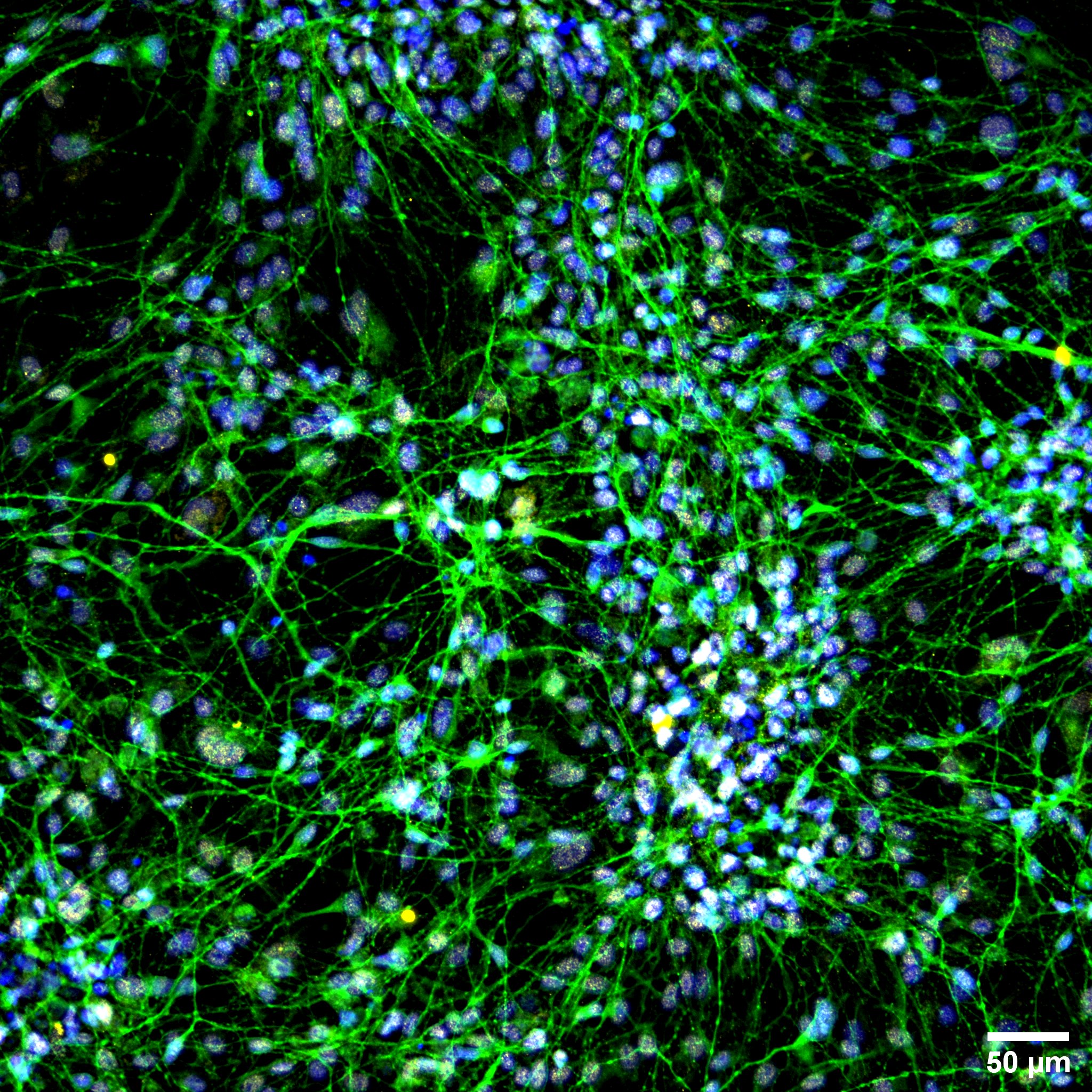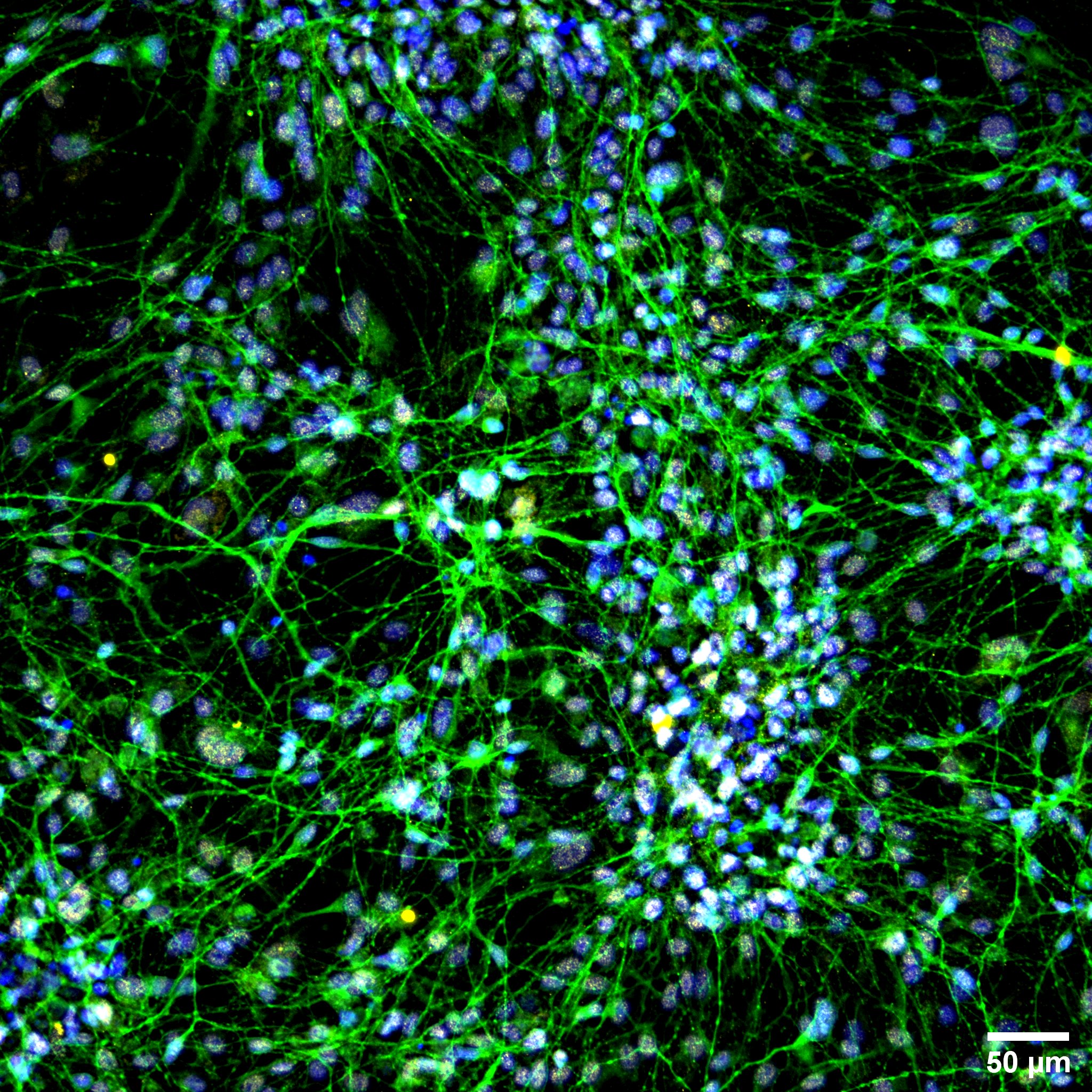Carless Lab
Understanding epigenetic factors involved in complex disorders.

Our Mission
Epigenetic modifications are processes that can cause heritable phenotype changes that do not involve alterations in the genetic code. The Carless lab is interested in identifying such modifications that are associated with complex diseases. Our goal is to understand how these might contribute to disease risk and be leveraged as potential novel therapies. To accomplish this, our lab combines human, animal, and cell-based systems. We investigate epigenetic mechanisms underlying neurological, neurodegenerative and psychiatric disorders, such as epilepsy, bipolar disorder and Alzheimer’s disease, as well as metabolism and metabolic disorders, such as obesity and diabetes. The overarching goal of the Carless lab is to understand the role of epigenetic mechanisms in complex diseases.
Research Overview
1. In vitro epigenetic editing to evaluate the impact of DNA methylation changes in complex diseases
2. Neurodevelopmental origins of neuropsychiatric disease
3. Development of “age-in-a-dish” models to study age- and disease-associated epigenetic signatures
4. DNA methylation changes associated with metabolic disease risk
5. The role of miRNAs in brain structure and function
